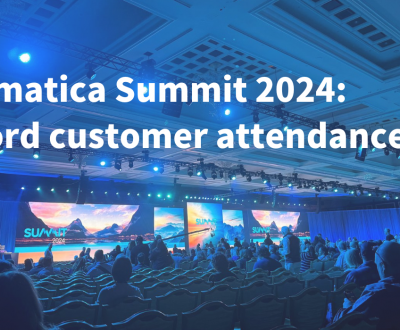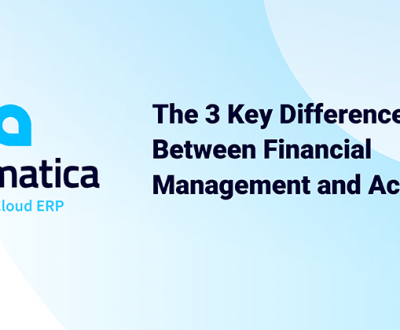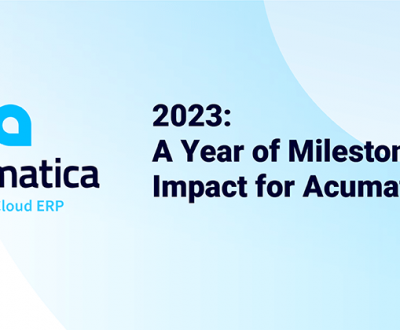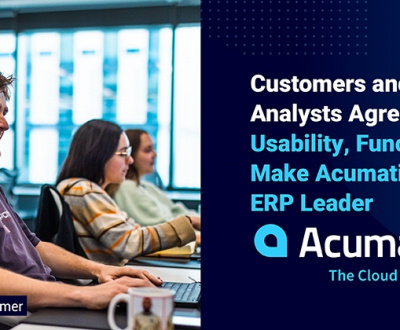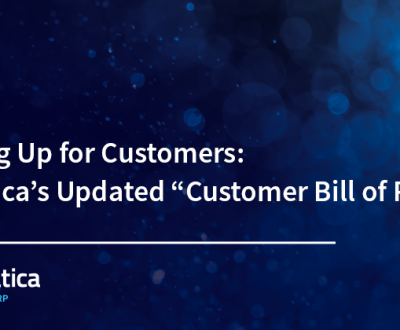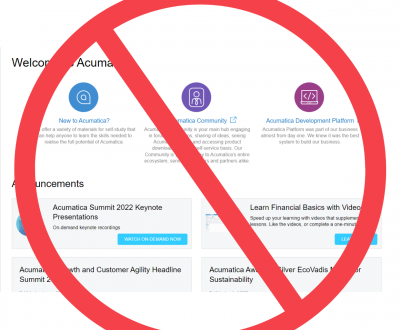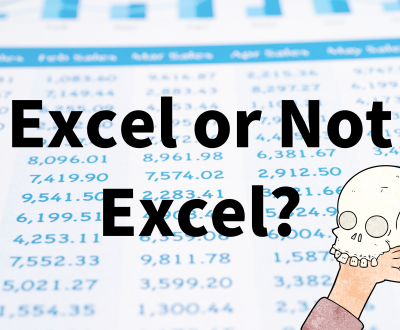Where should accounting system purchasing be headed in 2012 ?
Within the last three years of economic stagnation something quite different is emerging in the accounting systems arena.
In the past an accounting system was something like a prized possession. You had to have the latest innovation, be highly tailored to the business, talked about at dinner parties and noted in the director’s report to impress bankers and shareholders.
It was going to be expensive but that went without saying. If you were a Financial Director or CIO it felt good to say that your company used SAP, Oracle or Microsoft. You would quickly find another topic if your company’s system was SAGE or QuickBooks and the question was coming your way.
But things have changed.
Dinner party discussion at exciting financial and IT get togethers is more about dashboards and IPADs. The accounting system is not really mentioned. It’s a given. Like plumbing, you have to have it and you are only reminded of the name when you need to use it.
There are four reasons for this. The first is that the packaged accounting system is no longer at the frontier of business applications. It’s been 25 years since the first packaged systems for the PC were developed by Sage, Opera, Accpac and others so it’s not surprising that they are well entrenched. If it was not for the advent of the windows operating system and a move to a common relational database in Microsoft SQL which both took place about 10 years ago, this plateau would have been reached much sooner. The result is that those systems that have remained are very good at the job that they do.
The second reason is the economy. Businesses are keen to spend less now that they have had lots of experience with systems. They are now much more cautious and wise buyers. Businesses do not trust the tag lines of “empower your employees”, “leverage your business”, “computerise for the bottom line” – used in promoting the next greatest must have accounting system. Actually I made the last one up but I am sure that there was something like that somewhere. These were tag lines into the unknown and if presented by an able salesperson with impressive looking brochures they were a guarantee of system security. Now businesses understand the jargon and they are in a cost reduction mode of decision making. I believe that this is going to generate a significant wave of change for the accounting system developers who have not provided value for money to their customers for some time. (But that is for a later discussion.)
The third reason is reliability. Have you noticed that those IT scares of a few years ago of companies losing millions on failed IT projects have diminished? Apart from one last year concerning the NHS they are the exception. Yes accounting systems are much more reliable, like good plumbing. And when the problem goes away the emphasis on the system does to.
The fourth reason is improvements in integration. The systems of today now share common databases and many of them cater for integration connections with other systems. Which means that you no longer need to think of a “one package to fit all” approach. While these do exist they don’t do everything well and those that do, come at a hefty price. So this means that your accounting system should be thought of as a very sturdy set of ledgers that record all the transactions from specialist systems like point of sale, professional services, manufacturing, warehousing, membership etc. Add to this mix a top of the range reporting application that can report from all databases at the same time and you have a fully functional system that has the best features from the top developers in their field.
So what is likely to happen this year ?
We predict that businesses who are looking to replace their systems will start looking downwards and not upwards. Instead of moving up to the next version of the same system or possibly even at the next level, they will look downwards.
So a £100 million business who may be thinking of moving up to a large ERP system would do very well in looking at a mid range crm system from salesforce. A large business is likely to need the adaptability to accounting requirements outside of the UK and the US. If this is not the case then Sage 200 would do equally well. The key benefit ? Cost. These systems that can happily cope with 100 users will cost around £150k and an annual charge of £15k. Compare this to a large ERP system and the price is close to six times as great. £900k and £90k annually.
By the reports we clearly understand that this gap is similar if your business is in the mid-range size of £5 to £30 million turnover. A 30 user version of the Enterprise edition of QuickBooks will cost a mere £8,000 which compared to a Sage, Microsoft or SAP mid range application of £35,000 represents a handsome saving. Add to that the reduced support costs and annual fees it’s a very compelling position.
A few years ago the big guns; SAP, Oracle, Peoplesoft and JD Edwards announced plans to enter the mid range market. The top ERP space was becoming too crowded and there was business to be had in the sector below. No one really predicted that smaller systems would appeal to business in the higher sector.
They have and I see this on the increase.
Tascoli are dedicated to bring you the latest information about ERP and how it can benefit your business. We implement, integrate and offer on going support to Acumatica ERP UK, Sage 300 UK and QuickBooks Enterprise Solutions UK (now discontinued).
About us
Tascoli are an ERP and accounting software services company in the UK and Europe. Our passion is your business efficiency.
Request a Demo
Contact us to receive a demonstration and quote for replacing you ERP system.
More from our blog
See all postsRecent Posts
All Website Tags
Leave a Comment
This site uses Akismet to reduce spam. Learn how your comment data is processed.


